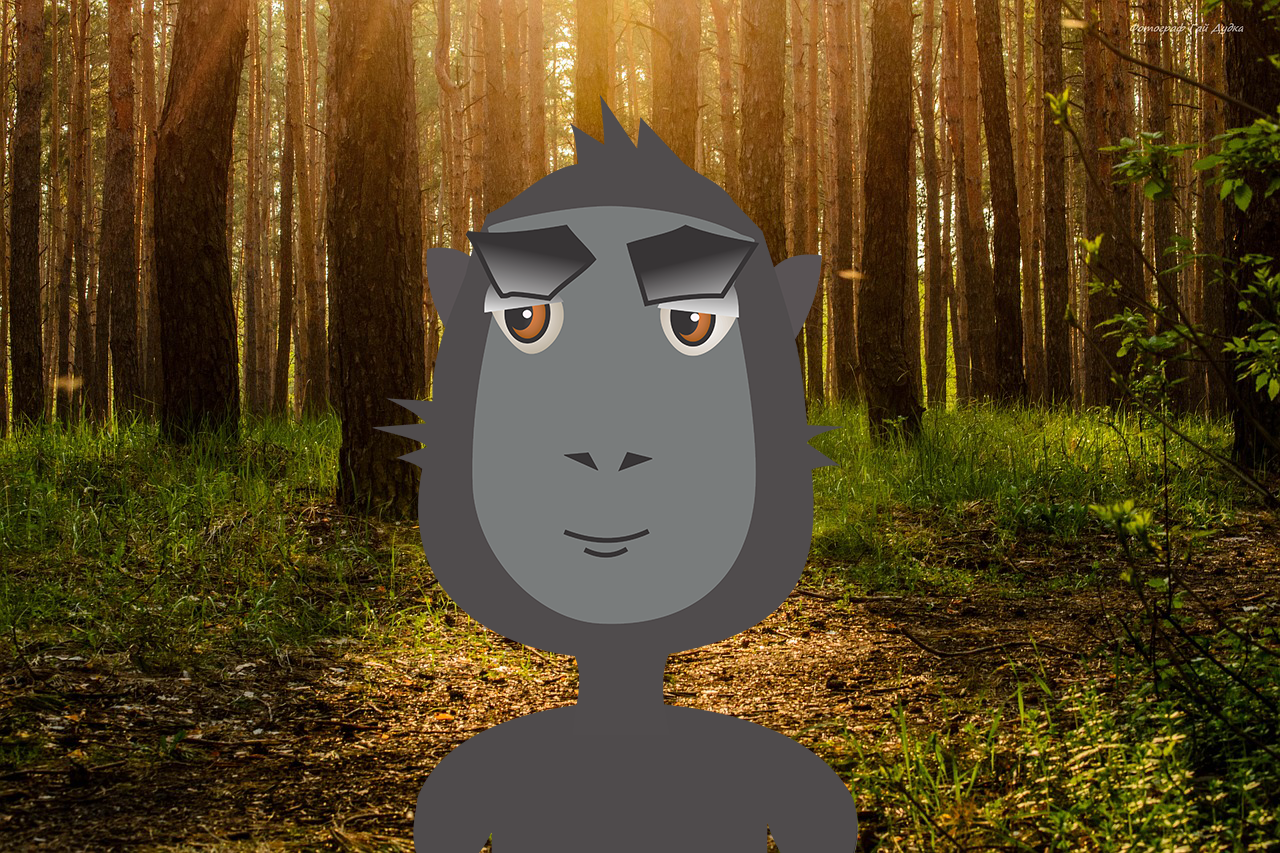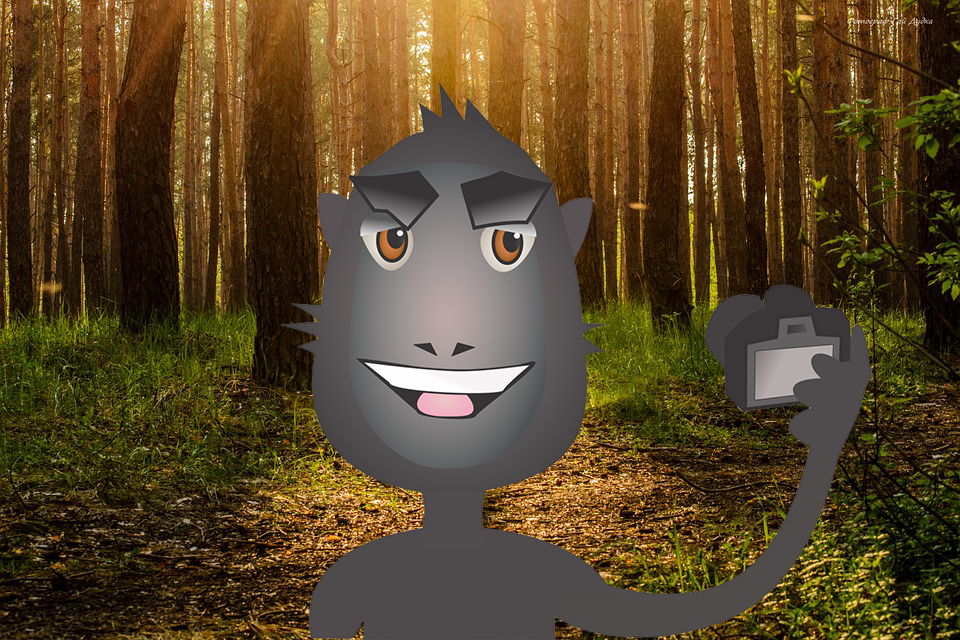Alexander, Jonathan, & Rhodes, Jacqueline. (2014). On multimodality: New media in composition studies. Urbana: National Council of Teachers of English.
Barthes, Roland. (1977). The death of the author. In R. Barthes & S. Heath (Trans.), Image, music, text (pp. 142-148). London: Fontana Press. (Original work published 1977)
Barnett, Scot, & Boyle, Casey. A. (2016). Rhetoric, through everyday things. Tuscaloosa: University Alabama Press.
Boyle, Casey. (2016). Writing and rhetoric and/as posthuman practice. College English, 78(6), 532-554.
Bradshaw, Gay A. (2010). An ape among many: Animal co-authorship and trans-species epistemic authority. Configurations, 18(1-2), 15-30.
Brooke, Collin G. (2000). Forgetting to be (post)human: Media and memory in a kairotic age. JAC, 20(4), 775-795.
Brooke, Collin G. (2009). Lingua fracta: Toward a rhetoric of new media. Cresskill, N.J.: Hampton Press.
Cooper, Marilyn. (2011). Rhetorical agency as emergent and enacted. CCC, 62(3), 420-449.
DeLuca, Katherine. (2015). "Can we block these political thingys? I just want to get f*cking recipes." Women, rhetoric, and politics on Pinterest. Kairos, 19(3). Retrieved from http://kairos.technorhetoric.net/19.3/topoi/deluca/conclusions.html
Digirhet. (2008). Old+old=old=new: A copyright manifesto for the digital world. Kairos, 12(3). Retrieved from http://technorhetoric.net/12.3/topoi/digirhet/bios.html
Dobrin, Sidney. I. (2015). Writing posthumanism, posthuman writing. Anderson, SC: Parlor Press.
Derrida, Jacques. (1981). Dissemination. Chicago, IL: University of Chicago Press.
Edwards, Dustin W. (2016). Framing remix rhetorically: Toward a typology of transformative work. Computers and Composition, 39, 41-54.
Eyman, Douglas. (2015). Digital rhetoric: Theory, method, practice. Ann Arbor, MI: University of Michigan Press.
Foucault, Michel. (1987). What is an author? In Vassilis Lambropoulos & David N. Miller (Eds.), Twentieth-century literary theory (pp. 113-138). Albany: SUNY Press.
Gladwell, Hattie. (2017, July 24). Vlogger’s twitter thread about why you should avoid PETA is eye-opening. Metro.co.uk. Retrieved from http://metro.co.uk/2017/07/24/vloggers-twitter-thread-about-why-you-should-avoid-peta-is-eye-opening-6801915/
Hawhee, Debra. (2017). Rhetoric in tooth and claw: Animals, language, sensation. Chicago et London: The University of Chicago Press.
Hawk, Byron. (2011). Reassembling postprocess: Toward a posthuman theory of public rhetoric. In S. I. Dobrin, J. A. Rice, & Michael Vastola (Eds.), Beyond postprocess (pp. 75-93). Logan, UT: Utah State University Press.
Howard, Rebecca. M. (1998). The literary production of power: Citation practices among authors and students. Kairos: A Journal of Rhetoric, Technology, and Pedagogy, 3(1). Retrieved from
Howard, Rebecca. M., & Davies, Laura. J. (2009). Plagiarism in the internet age. Educational Leadership, 66(6), 64-67.
Hutton, Christopher. (2017). The self and the monkey selfie
: Law, integrationism and the nature of the first order/second order distinction. Language Sciences, 61, 93-103.
Jones, Rodney. H., & Hafner, Christoph. A. (2012). Understanding digital literacies: A practical introduction. London: Routledge.
Johnson-Eilola, Johndan. (2004). The database and the essay: Understanding composition as articulation. In Anne F. Wysocki, Johndan Johnson-Eilola, Cynthia Selfe, & Geoffrey Sirc (Authors), Writing new media: Theory and applications for expanding the teaching of composition (pp. 199-235). Logan, UT: Utah State University Press.
Johnson-Eilola, Johndan, & Selber, Stuart A. (2007). Plagiarism, originality, assemblage. Computers and Composition, 24, 375-403.
Kaminski, Margot E. (2017). Authorship, disrupted: AI authors in copyright and first amendment law. UC Davies Law Review, 51(17-26), 589-616.
Kennedy, George. A. (1998). Comparative rhetoric: An historical and cross-cultural introduction. New York and Oxford: Oxford University Press.
Kitalong, Karla. S., & Miner, Rebecca. L. (2017). Multimodal composition pedagogy designed to enhance authors' personal agency: Lessons from non-academic and academic composing environments. Computers and Composition, 46, 39-55.
Losh, Elizabeth. (2014). From authorship to authoring: Critical literacy, expert users, and proprietory software. Computers and Composition, 33, 40-49.
Lunsford, Andrea, & West, Susan (1996). Intellectual property and composition studies. CCC, 47(3), 383-411.
Massumi, Brian. (2014). What animals teach us about politics. Durham: Duke University Press.
McSwiggan, Calum. (2014, July 17). Here's a thread about why you shouldn't donate money to @PETA and why you should instead fund animal charities who deserve your support [Tweet]. Retrieved from https://twitter.com/calummcswiggan/status/885888731919659008?lang=en
Naruto et al. V. David John Slater. 15-cv-4324. (United States District Court, 09 21, 2015)
Pallante, Maria A. (2017). From monkey selfies to open source: the essential interplay of creative culture, technology, copyright office practice, and the law. Washington Journal of Law, Technology & Arts, 12(2), 123-143.
Porter, James. (2009). Recovering delivery for digital rhetoric. Computers and Composition, 26, 207-224.
Porter, James. (2018). Rhetoric, copyright, techne: The regulation of social media production and distribution. In Jonathan Alexander & Jacqueline Rhodes (Eds.), Routledge handbook of digital writing and rhetoric (pp. 259-268). London: Routledge.
Ridolfo, Jim, & DeVoss, Danielle N. (2008). Composing for recomposition: Rhetorical velocity and delivery. Kairos: A Journal of Rhetoric, Technology, and Pedagogy, 13(2). Retrieved from http://kairos.technorhetoric.net/13.2/topoi/ridolfo_devoss/index.html
Ridolfo, Jim, & DeVoss, Danielle N. (2017). Remixing and reconsidering rhetorical velocity. Journal of Contemporary Rhetoric, 7(2/3), 59-67.
Seader, Chad, Markins, Jason, & Canzonetta, Jordan. (2018). Mediated authority: The effects of technology on authorship. In Jonathan Alexander & Jacqueline Rhodes (Editors), Routledge handbook of digital writing and rhetoric (pp. 269-279). London: Routledge.
Sheridan, David. M., Ridolfo, Jim., & Michel, Anthony. J. (2012). The available means of persuasion: Mapping a theory and pedagogy of multimodal public rhetoric. Anderson, SC: Parlor Press.
Shipka, Jody. (2011). Toward a composition made whole. Pittsburgh, PA: University of Pittsburgh Press.
Slotkin, Jason. (2017, September 12). 'Monkey selfie' lawsuit ends with settlement between PETA, photographer. NPR News. Retrieved from http://www.npr.org/sections/thetwo-way/2017/09/12/550417823/-animal-rights-advocates-photographer-compromise-over-ownership-of-monkey-selfie
Warren-Riley, Sarah, & Hurley, Elise V. (2017). Multimodal pedagogical approaches to public writing: Digital media advocacy and mundane texts. Composition Forum, 36. Retrieved from http://compositionforum.com/issue/36/multimodal.php
Weisser, Christian R. (2002). Moving beyond academic discourse: Composition studies and the public sphere. Carbondale: Southern Illinois University Press.
Wysocki, Anne F. (2004). Opening new media to writing: Openings and justifications. In A. F. Wysocki, J. Johnson-Eilola, C. Selfe, & G. Sirc (Authors), Writing new media: Theory and applications for expanding the teaching of composition (pp. 1-41). Logan, UT: Utah State University Press.

